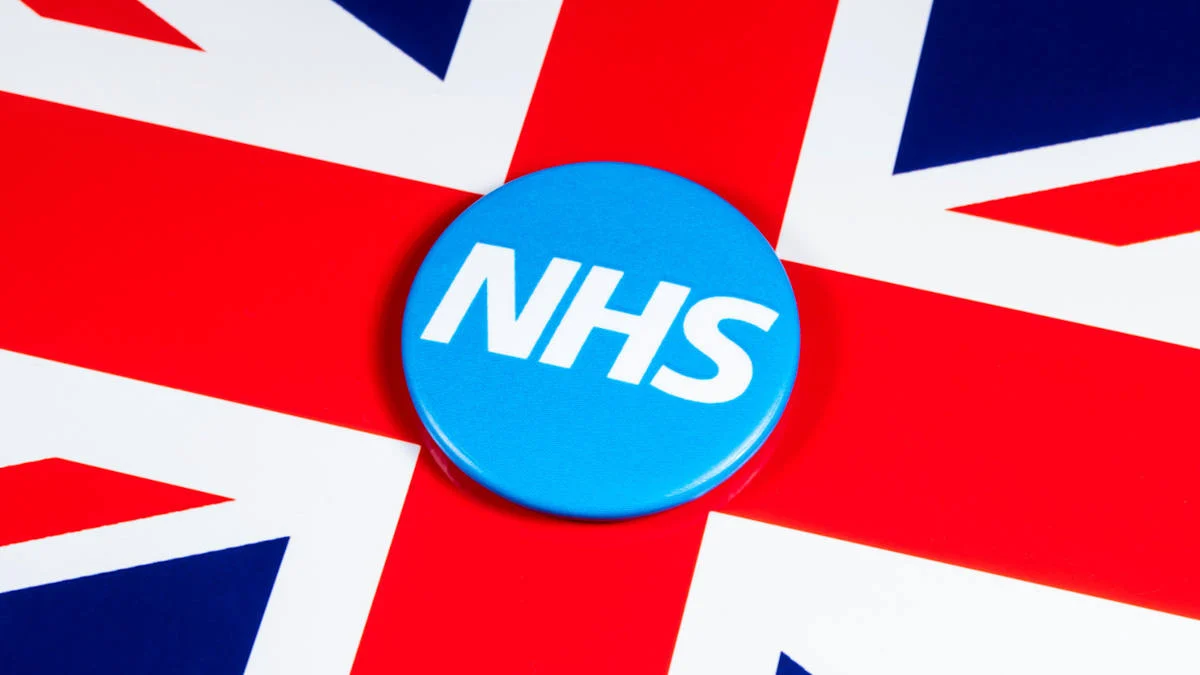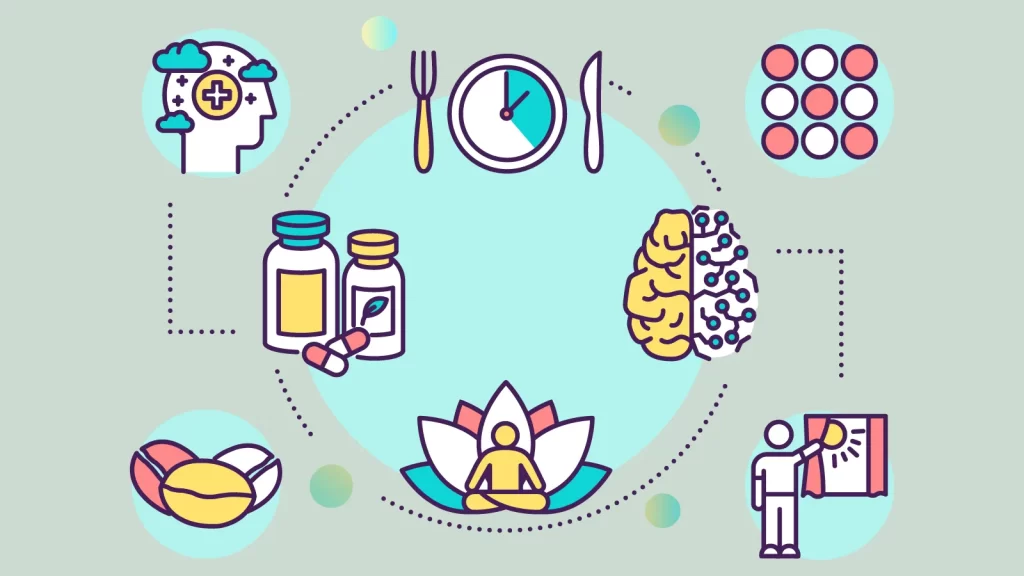
Biohacking, a term that often evokes images of futuristic technology and extreme self-experimentation, is gaining momentum among students seeking to optimize their productivity and learning capabilities. By adopting simple, science-backed biohacking methods, students can enhance cognitive function, improve focus, and ultimately boost academic performance. But what exactly is biohacking, and how can it benefit the modern student?
Popular Biohacking Techniques
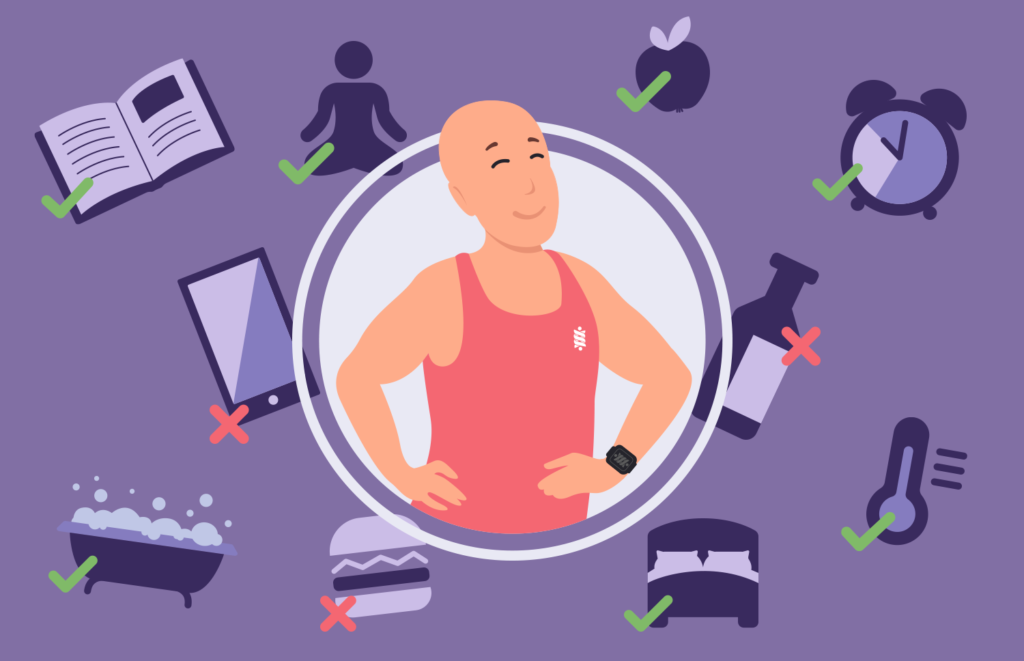
There are several biohacking techniques that students can use to enhance their academic performance. These strategies are diverse and range from lifestyle changes to the use of technology and supplements. Below are some of the most popular biohacking techniques for students.
Nootropics
Nootropics, often referred to as “smart drugs,” are substances designed to improve cognitive function, particularly memory, creativity, and motivation. While some nootropics are synthetic, many are derived from natural sources, such as caffeine and certain herbs like Ginkgo biloba.
For students, nootropics offer a powerful way to stay sharp and focused during extended study sessions or exams. By boosting neurotransmitter activity in the brain, these substances can improve concentration and mental clarity, helping students retain more information and process complex concepts faster.
However, it’s important to note that while some nootropics are safe and well-tolerated, others may carry risks, especially when taken in excess or without proper research. Students considering nootropics should consult a healthcare provider to ensure safe usage.
Sleep Optimization
The role of sleep in academic performance cannot be overstated. Sleep is crucial for memory consolidation, cognitive function, and emotional regulation—all essential components of learning. Many biohackers emphasize sleep optimization as a foundational practice, advocating for techniques such as controlled sleep environments, blue light filters, and even polyphasic sleep cycles.
For students, managing sleep quality is critical to maintaining high levels of cognitive performance. Simple adjustments like reducing screen time before bed, creating a dark, quiet sleep environment, and using tools like sleep trackers can drastically improve both sleep quality and, by extension, daytime focus and productivity.
Intermittent Fasting
Intermittent fasting (IF) is a dietary strategy that involves cycling between periods of eating and fasting. While it might sound like a fitness fad, IF has been linked to several cognitive benefits, including enhanced focus, mental clarity, and even better memory retention. When fasting, the body shifts its energy focus away from digestion, allowing the brain to function more efficiently.
For students, intermittent fasting can help regulate energy levels, avoiding the post-lunch slump or fatigue that often comes with traditional meal patterns. However, it’s important to approach fasting carefully, especially during periods of intense study or exam preparation, as it may not suit everyone’s physiology.
Wearable Technology
Wearable technology, like smartwatches and brainwave monitors, has opened up new opportunities for students to track and optimize their cognitive performance. Devices like the Muse headband monitor brain activity and offer real-time feedback on focus and relaxation, while more conventional wearables like Fitbits track sleep, heart rate, and other metrics that influence mental clarity.
These devices allow students to gain insights into how their habits—such as sleep patterns or stress levels—affect their productivity. By using wearable tech, students can make data-driven decisions to enhance their learning strategies, whether it’s getting more sleep or adjusting their study schedule.
How Biohacking Enhances Cognitive Abilities and Academic Performance
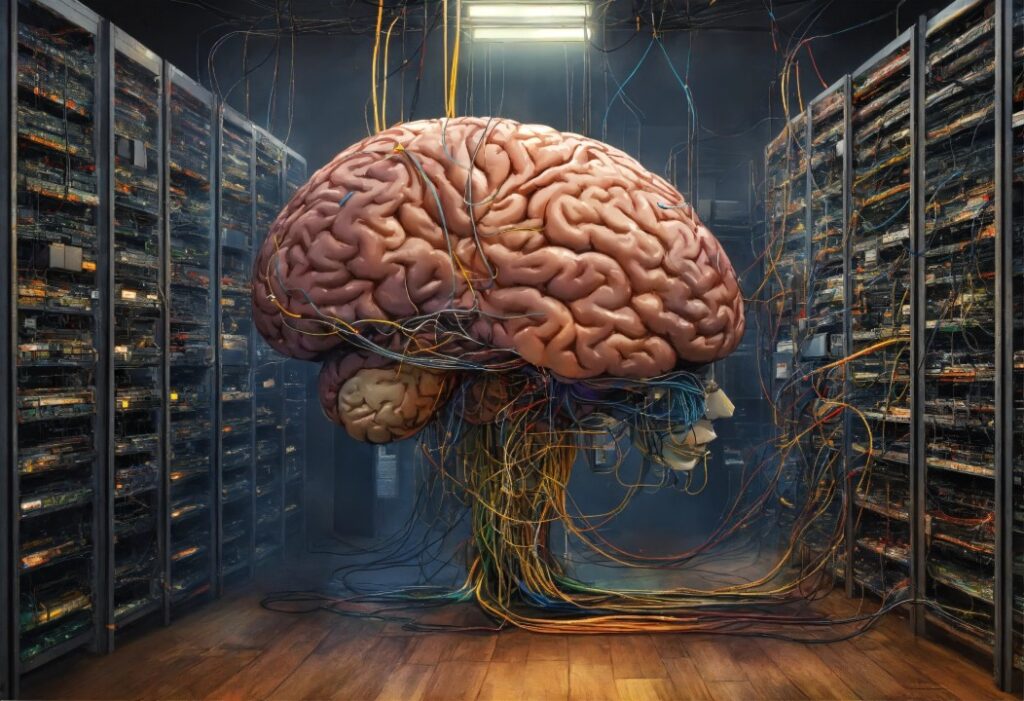
Biohacking is not just about making isolated changes; it’s about creating a system that supports peak cognitive performance. Whether through dietary adjustments, technological aids, or optimized sleep schedules, biohacking techniques work synergistically to enhance overall mental functioning.
For instance, nootropics increase neurotransmitter efficiency, allowing for faster information processing. Sleep optimization improves memory consolidation, ensuring that students can retain information more effectively. Wearable tech provides immediate feedback, allowing students to monitor their brain’s performance in real-time and make immediate adjustments.
By combining these methods, students can create an individualized biohacking plan that targets their specific weaknesses—whether it’s difficulty focusing during lectures, retaining information, or staying motivated during long study sessions.
Potential Risks and Ethical Concerns
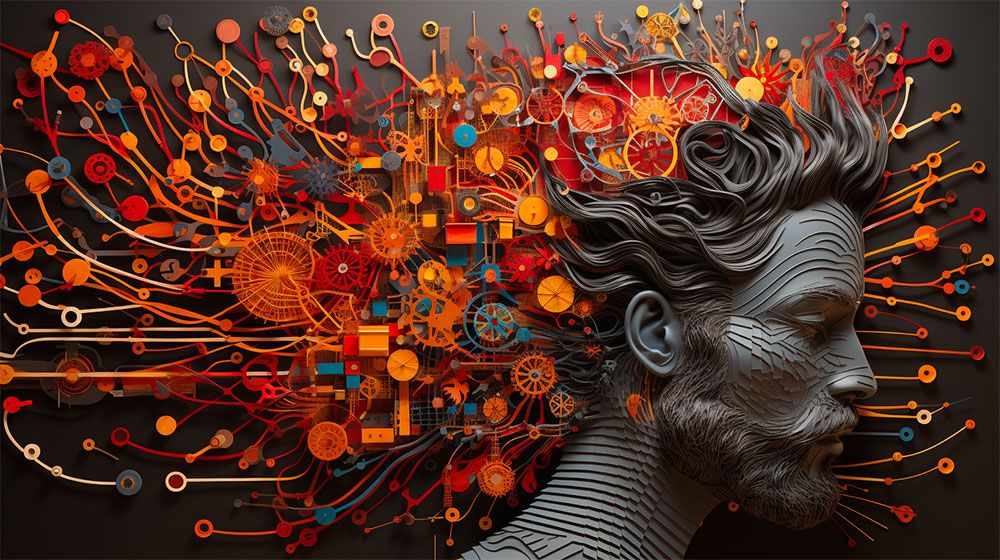
While biohacking offers a wide array of benefits, it’s not without its potential drawbacks. The unregulated use of cognitive enhancers, like nootropics, raises ethical questions about fairness in academic settings. Should students who take cognitive enhancers have an advantage over those who don’t? Are there long-term risks associated with their use?
Moreover, the rush to adopt biohacking techniques without proper guidance can lead to negative side effects. For example, excessive use of stimulants or nootropics can result in burnout, anxiety, or even dependency. Similarly, over-reliance on sleep optimization techniques like polyphasic sleeping can disrupt natural sleep patterns and lead to cognitive decline rather than enhancement.
Students should approach biohacking with a balanced perspective, ensuring that they prioritize their health and well-being above academic performance. Consulting healthcare professionals and using moderation are key to avoiding the potential pitfalls of this growing trend.
How to Safely Get Started with Biohacking as a Student
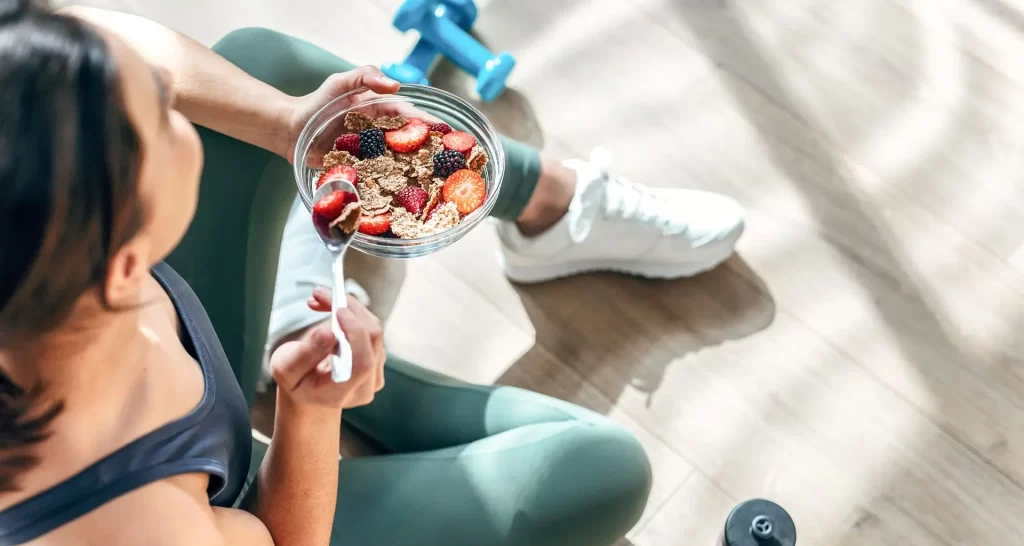
If you’re a student interested in biohacking, it’s important to start small and focus on safe, well-researched methods. Below are some actionable tips to help you begin your biohacking journey:
- Start with Sleep Optimization: Before diving into more advanced techniques, ensure that you’re getting sufficient, high-quality sleep. Tools like blue light blockers and sleep tracking apps can help you monitor and improve your sleep cycle.
- Introduce Nootropics Cautiously: If you’re considering nootropics, start with natural, widely researched options like caffeine, L-theanine, or Bacopa Monnieri. Always consult with a healthcare provider before trying new supplements.
- Experiment with Intermittent Fasting: If you want to experiment with intermittent fasting, start with a simple 12:12 fasting window (12 hours of fasting, 12 hours of eating) and gradually adjust based on how your body responds.
- Use Wearable Tech to Track Progress: Invest in a wearable device that can track metrics like heart rate variability, sleep quality, and even brainwave activity. Use this data to make informed decisions about your biohacking efforts.
- Join Biohacking Communities: Biohacking is a constantly evolving field, and joining online communities can provide you with valuable insights, research, and support as you explore new techniques.
Conclusion
Biohacking offers students a unique opportunity to enhance their productivity and learning through scientifically backed, personalized strategies. By incorporating methods like nootropics, sleep optimization, intermittent fasting, and wearable tech, students can unlock their cognitive potential and achieve academic success. However, it’s essential to approach biohacking with caution, understanding both the benefits and risks involved. With the right tools, resources, and mindset, biohacking can serve as a powerful ally in the quest for academic excellence.



